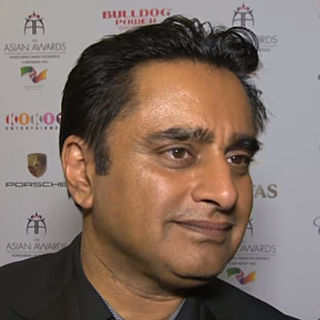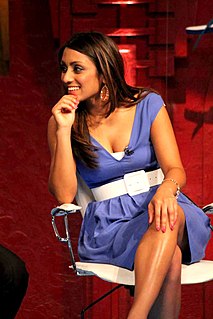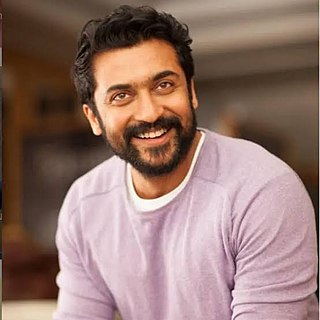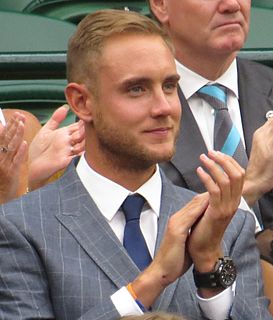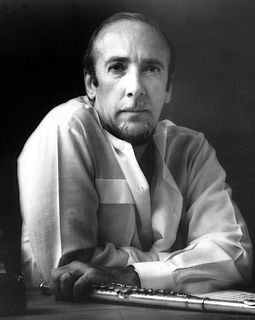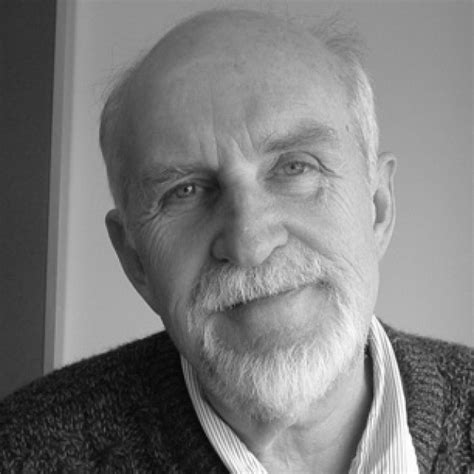A Quote by Sanjeev Bhaskar
My father came to England from India in 1957, and my mum came in 1960.
Related Quotes
I went to L.A., and I was on two different studio movies at Fox and Sony, but they were never made in the end. When the second one wasn't happening, I ended up doing an episode of 'Who Do You Think You Are?' for the BBC, and went on a roots trip from England to Kenya, India, and pre-partition India in Pakistan, where my family originally came from.
My father got a job at Bradford University in textiles. And he came for - I guess, you know, why do people immigrate? - like, for a better life to find, you know, a new world. And, you know, I think he always - he saw it as an opportunity. And so yeah so we came to this coal mining town in the north of England and that's where I grew up.
My father was a great mentor to me and is someone I admire and look up to. However, it was my mum who was more of a driving force when it came to me and cricket - she constantly encouraged me to always remember to have fun when playing. And Mum was the one who took me round the grounds at the beginning of my career.
India was secular even when Muslims hadn't come here and Christians hadn't set foot on this soil. It is not as if India became secular after they came. They came with their own modes of worship, and they, too, were given a place of honor and respect. They had the freedom to worship God as per their wish and inclination.
... I believe the Father came down from heaven, as the apostles said he did, and begat the Saviour of the world; for he is the ONLY-begotten of the Father, which could not be if the Father did not actually beget him in person.... I believe the Father came down in His tabernacle and begat Jesus Christ.
